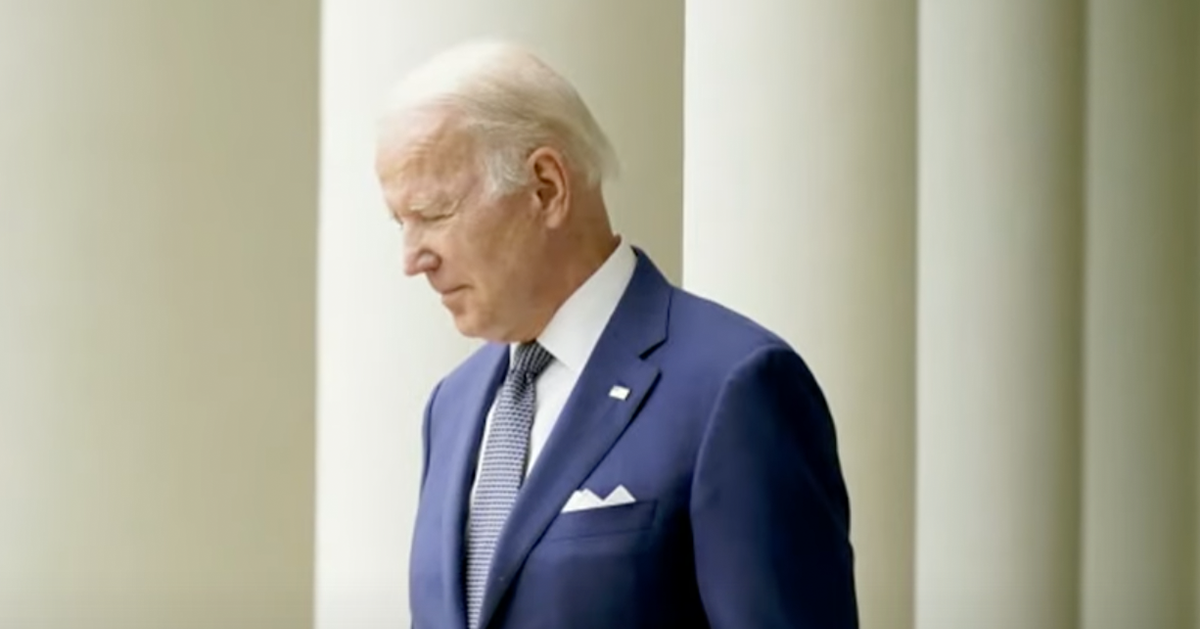Arizona AG Investigates Trump's Cheney Comments as Possible Threat
The attorney general of Arizona has launched an investigation into recent remarks made by former President Donald Trump about former Rep. Liz Cheney that have sparked widespread debate over their interpretation and intent.
Kris Mayes is looking into whether comments from Trump, allegedly calling for harm to Cheney, crossed a line into the realm of a threat, while critics raise concerns about potential election interference stemming from such a probe, as Breitbart reports.
The controversy began after Trump made a speech in Glendale in which he referenced Cheney, a former lawmaker
During the speech, Trump criticized Cheney's support for military interventions, suggesting she should face the consequences of her policies by experiencing the realities of combat. His comments were quickly interpreted by some as a potential death threat.
Trump's Comments Draw National Attention
Trump's contentious language sparked significant backlash, with his critics contemplating what they believe may have been the deeper implications of his statements.
Arizona's attorney general has taken a proactive stance, stating her office aims to ascertain whether Trump's speech constituted a threat under state law. She emphasized that the investigation's initial focus would be on determining the legal status of the comments.
The former president, however, responded to the uproar surrounding his statements through Truth Social, clarifying that his intent was to highlight Cheney’s hawkish military stance by suggesting she would be reluctant to personally take up arms in battle. This clarification sought to diffuse the accusation of making violent comments.
Reactions to the Investigation's Announcement
Critics of the investigation, such as Mark Hemingway and Jerry Dunleavy IV, argue that the probe reflects a broader strategy of political interference.
Hemingway described it as “a total misuse of office,” reinforcing a narrative of election meddling. Dunleavy pointed out the move’s potential of being a tool for political gain, drawing a line between media misinformation and the use of investigatory tools for electoral purposes.
Amidst these debates, Vice President Kamala Harris weighed in with harsh criticism of Trump's rhetoric. She characterized the comments as detailed incitement of violence, reiterating a position that disqualified Trump from holding any future political office. Her remarks framed Cheney as a patriot, contrasting sharply with Trump’s portrayal.
National Implications and Public Reactions
AG Kris Mayes has underscored what she says is the necessity of maintaining peace and order in Arizona's political environment, especially as elections approach. While she has yet to conclusively categorize Trump's comments as a threat, Mayes reiterated the investigation’s role in ensuring safety at polling locations and throughout the state.
The investigation’s implications have ensnared both Arizona's local political climate and national discussions on the boundaries of political discourse. As the investigation progresses, it will likely add fuel to the ongoing debate surrounding political accountability and the application of state laws to federally prominent figures.
Legal and Political Consequences Examined
The reaction continues to unfold as lawmakers, legal experts, and media analysts delve into the repercussions of the investigation. Concerns have been voiced over the balance between valid legal inquiry and overreaching political influence. Such inquiries underscore the critical intersection of legal frameworks with the intricate dynamics of electoral politics.
Trump's message on Truth Social attempts to reposition his critique of Cheney as a broader commentary on military policy positions among political figures. He argues that Cheney embodies the type of leadership that advocates for military intervention without personal involvement, an image Trump has persistently sought to challenge.
Examining Potential Election Impacts
Vice President Harris’s comments intensify the debate, aligning Trump’s language with violence and casting doubt on his eligibility for office. Her statements reflect a strong Democratic position against Trump's rhetoric, one that calls into question the standards and norms expected of political leaders.
On the local level, Arizona’s political landscape braces for the potential ripple effects of the investigation. The state's political leaders must manage the investigation's fallout and address its impact on voter perception and election integrity.
As events unfold, the Arizona investigation will continue to be a focal point in the broader national conversation on the limits and liberties of political expression.
The unfolding inquiry might set precedent for how similar cases are addressed in the future and how political rhetoric is regulated within the legal confines of state and national politics.





